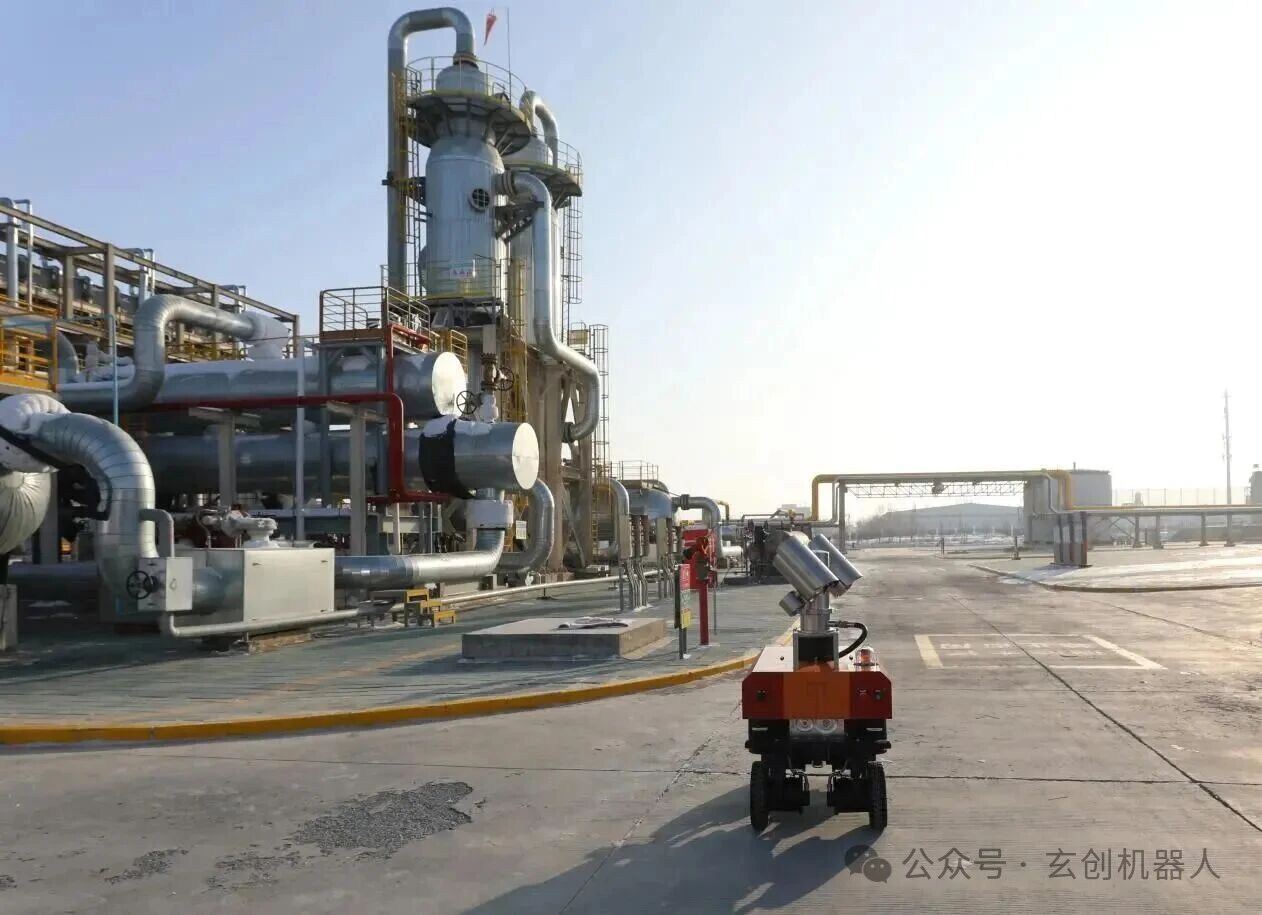Describe the state of manufacturing in China today.
Well, I think China is a huge country, and so this manufacturing base is really a highly uniformed base. And the top ten to fifteen percent of manufacturers, they probably have the capability to produce quality goods, and again deliver it, and most of them those probably are the foreign investment joint venture or wholly owned companies. And but I think the one that’s one thing you can characterize to Chinese manufacturing capabilities, they are probably all used to the traditional mass production systems. In other words, they make big volumes and they have the products there waiting for a sale. Generally speaking they understand the importance of quality but they don’t really make the quality consistently. And so in other words on that one they pay a lot of money to get on the quality assistance; so every company says I’m ISO, I’m QS, I’m TS, but actually the word is they have those papers. In other words, can they really perform consistently? I think that’s one of the biggest challenges.
Describe the capabilities and the state of the automotive supplier industry in China.
The automotive manufacturers, other than OEMs; the supply base, generally speaking they have better capabilities, mainly because it’s driven by OEMs and also because of more stringent requirements of the auto industry. However, the one that’s – there is a group of companies that can really perform well and they have very good quality performance. The company I worked for before, as I know the one – Delphi – we had very good performance on zero defect delivery, and true to the export markets in the US, North America, or in Europe. And I know the ones, Visteon, Bosch, Faurecia, and all these major companies, they all have very good capabilities in China. But the rest of the companies that – I think the one, they copy the manufacturing processing; and we purchase the same equipment and the same tools and we work on that one. However, the one that’s – if there are any problems that come, then they don’t know how to react, and so in a way that’s the – without assisting, they’re the one – not sure they can really perform consistently on the results.
What should every Western supplier know about sourcing in China?
I think that for the companies here, the ones where you’re wanting to do sourcing in China, if I were you, the first thing I would do is that I would go to China and I would stay in that supplier for one week, if you’re serious about this supplier, and I would observe their quality systems and their performance. And don’t just sit in the conference room reading the data, and you really see the one, how do they make the products, how do they handle the problems. I mean if there are defects, what do they do? Do they have engineering come to find out the problems and try to have solutions or do they just dump it? And so observe the quality system, observe their delivery system, and don’t just get on the words and say the paper – the documents say the words “I am 98 percent delivery on that one,” but actually find out what’s the real data. And the third one I think is very important on that one is this problem solving capabilities. I mean that one, does their engineer really understand the products and what’s the requirements of the customers on that one so they make sure that when the products’ delivered to you and then they can meet your requirements.
What should Chinese suppliers know about selling to Western companies?
For the Chinese supplier coming to the US, I think the number one thing is they really need to have a physical presence in the region to stay close to your customer and to understand what is the customer’s needs, and not just to say by the paper oh here is the PPAP but really go through that in detail. And ideally the one, not just a sales-marketing guy here; you need a person who understands your product, understands your processing, and to have some engineering capabilities you can communicate with the customers. And one thing very important is don’t hide the problems. If you have problems and you rather surface that to your customers and ask for help rather than waiting until the last minute. I think that way you’ll make much bigger damage.
Will China become the world’s manufacturing workshop?
Well, I think China can be a world manufacturing center for the high labor content products or the commodity products. In that one they actually are doing relatively efficient now. However, the one that, if they really want to be a competitive – the manufacturing base, they really need to move into this learning the lean manufacturing systems. In other words, that is what the Toyota production systems – and try to meet the customers’ needs and to set up the process and then to eliminate waste, and trying to use the minimum investment to achieve the best return.
What challenges do you see in business relationships between Chinese and Western companies?
Well, I think the one that’s from each side – now the one, China, is such a hot spot. Everybody says go to China, or the one in the world purchase from China, or Chinese guys want to export. But I think the one, we really need to sit down and sit back a little bit and say, “What exactly do we want to achieve? We want to do this export. Is it for the market share or for technology or for higher profit?” And unless you define those; really what you want to achieve on that one, I’m afraid you’re going to be disappointed or misled because just to get on this hit and go abroad on that one without doing the homework, I think that is really a very dangerous thing.
And for the companies to go to another country, be respectful of the local culture and practice. It is different, and so be humble and respectful. Secondly, be patient and don’t try to make some rush deals. Later on you’ll be really regretful. So, I think that patience is a virtue when doing business overseas.
The third one is make sure you do your homework and leverage all the resources around you. There are many organizations in Detroit. If you want to go to China, learn about what’s going on there and then try to use all the links that you’re trying to find out the tips on that one later on that will minimize your risk.
And the last one is, I think, where you really need a workable business model. If you want to go to China to develop a new market and setup a shop, and now the one, you start to develop the market, and that’s not realistic, unless you’re going to adopt a strategy like you are going to have the 50/50 export domestic strategy. The first leg that uses the facility to produce products for export and then later on that one that used the capability to then expand – develop the local market then that’s fine. Unless you have a strategy like that, you just want to say, “Okay, I want to go, I setup a shop, I make the products, and I sit there and wait for the people to buy.” I don’t think that’s realistic. So I think that’s an important one; it’s putting your mindset on that one that if you want a six-month return on investment that’s probably not likely.
Final thoughts…
I think in one way I recognize that there is a lot of Chinese Americans and Chinese overseas students here; there’s a lot of talent here. And if you want to do business in China, I think what I would suggest to companies is to start to link with them; either to hire those people into your company so that one that’s – ask them to help you to develop the business, or the one, even the students, hire them as intern students and so you can develop some resources so that one, later on that you can use them here or that when they go home you can leverage them. So especially the one that’s in China, everybody’s looking at kind of inexpensive labor. However, the one, in a way the one, their engineering capability is really the bigger – the pot of money that you can get.
And the last one I think that I would like to suggest to companies when you go overseas, make sure you have a win-win strategy. Don’t think you just want to win the money for yourself. You need to also consider your suppliers, your customers, and your partners. If you make sure that everybody wins then I think that business will have a much higher chance to be successful.









